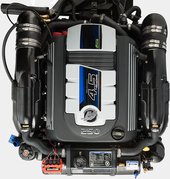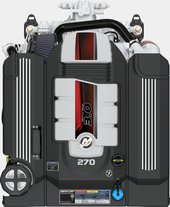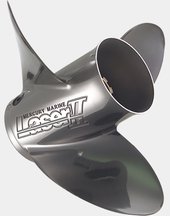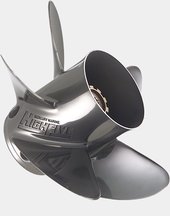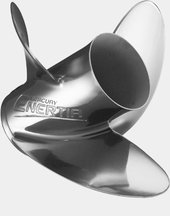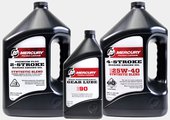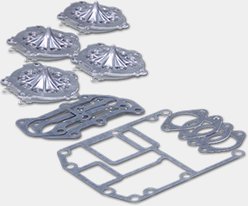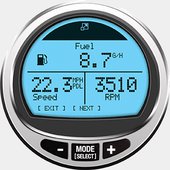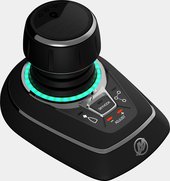Fuel Care Systems

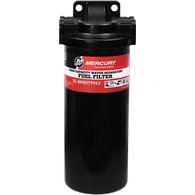
High-Capacity Water-Separating Fuel Filter Kit
Silicone-treated media for improved water separation
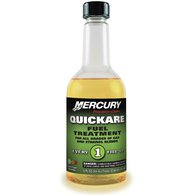
Quickare
Maximizes engine performance with all grades of gasoline.

Quickleen
Fuel additives keep your fuel optimized, protect your fuel system, and remove any leftover deposits.

Quickstor
Prevents gum and varnish from forming in the fuel and settling in fuel lines and tanks, carburetors and injectors.
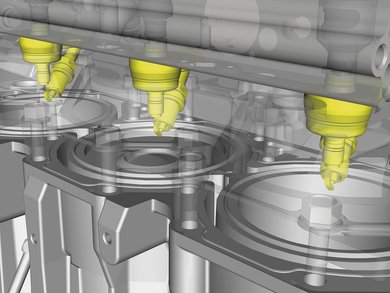
Why Fuel Care is Important
Even more than the gas in your car, the gas in your boat needs special care to keep your engine running at peak performance. Gasoline begins to go bad within about two weeks. When left untreated, some of the fuel components begin to oxidize and form a gum-like substance. The substance settles in fuel lines and tanks, carburetors and injectors. When you try to burn this fuel, deposits can form in the combustion chamber. Over time, these deposits build up and reduce your engine’s performance.
Fuel additives keep your fuel optimized, protect your fuel system, and remove any leftover deposits. With the Mercury Fuel Care System, you can trust that you’re using products that are specially formulated – by your engine’s manufacturer – to help you get the most from your Mercury engine.
The Mercury Fuel Care System is the first line of defense against fuel-related problems. However, Mercury also recommends the following precautions to protect your engine:
- Buy gas from known and trusted sources whenever possible.
- Keep your gas tanks clean and check them periodically for water and sediment.
- Check your fuel filter often. Fuel filters help prevent fuel contaminants from entering your engine. Under certain conditions it is possible for filters to suddenly become clogged, so always keep an extra filter on board should it need immediate replacement.
Safety Data Sheets (SDS)
A Safety Data Sheet (SDS) is a form containing data regarding the properties of a particular substance. An important component of product stewardship and workplace safety, it is intended to provide workers and emergency personnel with procedures for handling or working with that substance in a safe manner, and includes information such as physical data (melting point, boiling point, flash point, etc.), toxicity, health effects, first aid, reactivity, storage, disposal, protective equipment, and spill handling procedures. The exact format of an SDS can vary from source to source.


